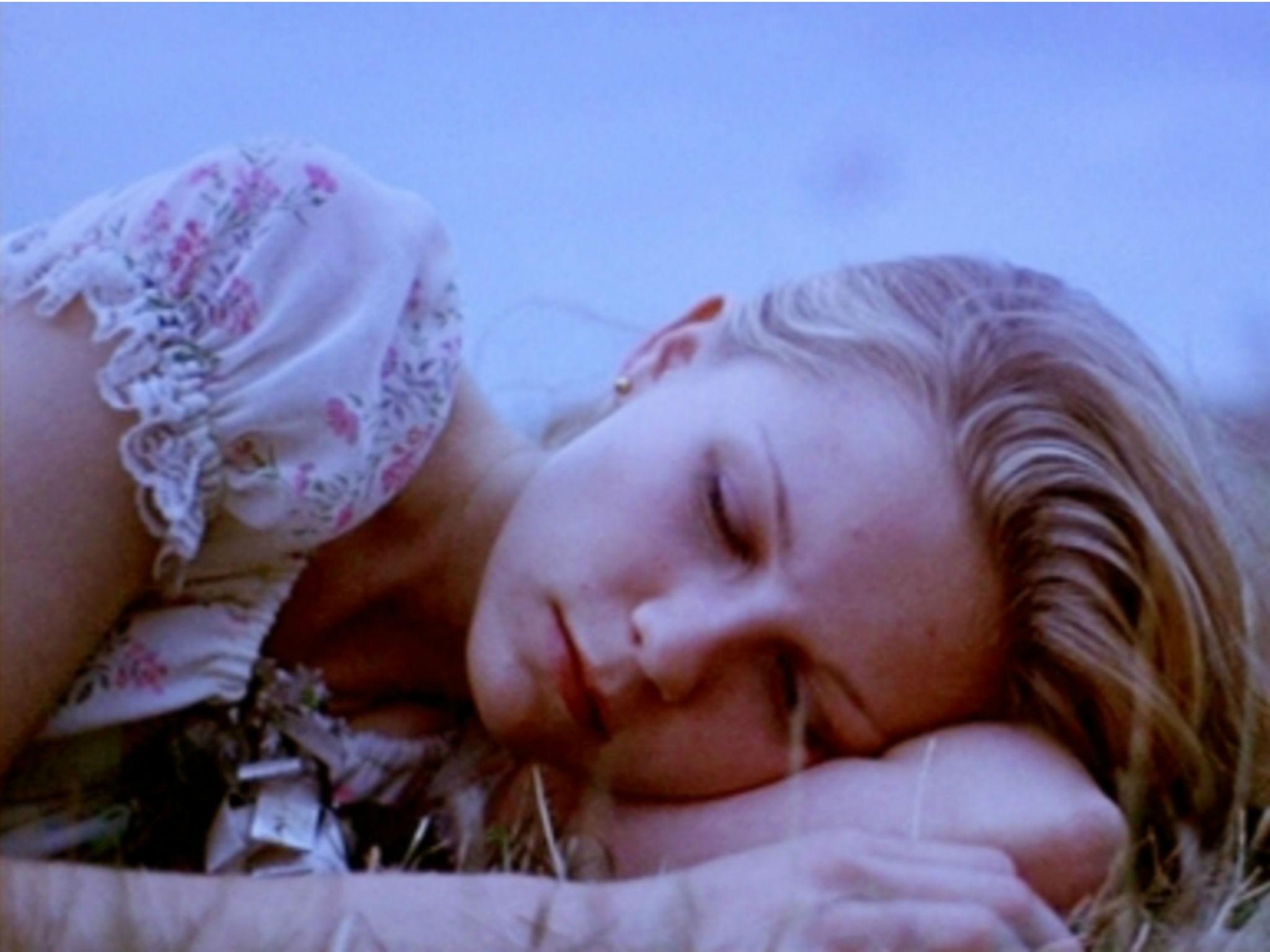Movies You Might Have Missed: Sofia Coppola's The Virgin Suicides
The director who won Best Director at Cannes for 'The Beguiled' made her debut film 'The Virgin Suicides' after she was given the book of the same name by Thurston Moore of Sonic Youth

Sofia Coppola was awarded the Best Director gong at Cannes last month, only the second woman in history to win the prize. Some are suggesting that The Beguiled might just be her masterpiece and expectations are high for the imminent UK release. The filmmaker’s career started with The Virgin Suicides in 1999, a skilful adaptation of Jeffrey Eugenides’ debut novel of the same name.
The story of the gestation of the film is an intriguing one. Coppola was given the book by Thurston Moore of Sonic Youth and became so enamoured with that work that she set about adapting it into a screenplay. After completing the script, she was devastated to learn that another company was already producing an adaptation of their own. Since their script proved disappointing, however, they ended up using Coppola’s version.
The Virgin Suicides takes place in Michigan during the mid-1970s but is narrated by one of a group of boys who lusted after the Lisbon sisters with the benefit of a quarter of a century of distance. The Lisbons, aged between 13 and 17, are fawned over by the neighbourhood adolescent males in spite of, or perhaps because of, their unattainable status. Raised by strict Catholic parents, we are informed in the opening scene that the girls will commit suicide but the key question is why. Perhaps the best answer comes from the youngest, Cecilia, when a doctor tells her she’s too young to know how bad life gets and she replies, “Obviously, doctor, you've never been a 13-year-old girl.”
The period detail is pitch perfect, especially impressive given the auteur was born in 1971 so her memories of the actual era would be hazy to say the least. The soundtrack, comprised of 1970s acts like Steely Dan, Carole King and Todd Rundgren, helps evoke a bygone era while the darkness that lies behind the white picket fences calls to mind the opening of Blue Velvet.
Kathleen Turner and James Woods are excellent as the well-meaning but oppressive parents, evoking sympathy and irritation in equal measure. The real star, however, is Coppola, whose remarkably assured debut blends tragedy with comedy and employs a curious, idiosyncratic tone. The picture is nostalgic yet regretful and there is a sense that the sorrows of the girls come to represent the difficulties faced by an entire gender. Coppola’s follow-up, Lost in Translation, would see her become just the third woman to be nominated for a Best Director Oscar but it’s worth seeing where it all began for one of modern cinema’s most distinctive voices.
Subscribe to Independent Premium to bookmark this article
Want to bookmark your favourite articles and stories to read or reference later? Start your Independent Premium subscription today.

Join our commenting forum
Join thought-provoking conversations, follow other Independent readers and see their replies